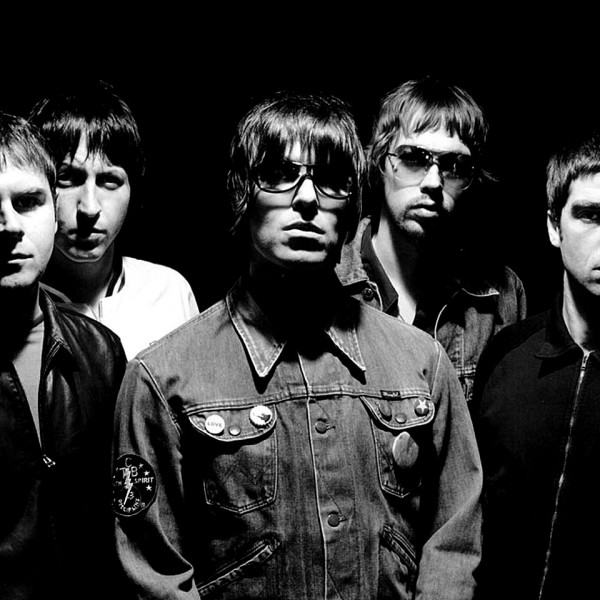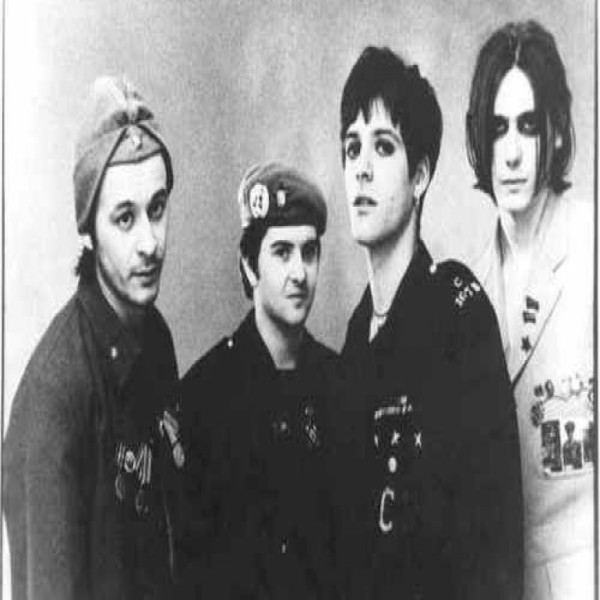
Moles has been a staple in the Bath music scene, known for its intimate atmosphere and dedication to showcasing emerging talent. The venue’s closure marks the end of an era for both musicians and fans alike. Throughout its 45-year history, Moles has played a crucial role in nurturing local talent and providing a platform for artists to gain recognition. Many bands and artists have credited the venue for kickstarting their careers and helping them gain exposure in the industry.
Oasis, one of the most successful British bands of all time, performed at Moles early in their career, and the venue is often credited as being instrumental in their rise to fame. Similarly, Ed Sheeran, who has become a global superstar, also graced the stage at Moles in his early days.


Oasis Ed Sheeran
The impact of Moles extends beyond just launching successful acts. Manic Street Preachers, a Welsh rock band, secured a record deal after their performance at the venue. Supergrass, another popular British band, even used Moles’ dressing room for the cover shoot of their debut album, highlighting the venue’s significance in the music industry.


Manic Street Preachers Supergrass
The closure of Moles is a devastating blow to the local music community. The owners’ decision to file for insolvency reflects the harsh reality of the financial challenges faced by grassroots venues. The rising cost of living and increasing bills have made it increasingly difficult for small venues like Moles to stay afloat.
Co-owner Tom Maddicot’s statement about the economic viability of grassroots live music is a sobering reminder of the challenges faced by these venues. Without adequate support and a sustainable financial model, more small venues may face a similar fate. Tom said “Making the decision to close Moles was horrendous, but the reality is that live music at grassroots level is no longer economically viable.”
Moles’ rich history and contribution to the music scene in Bath cannot be understated. From hosting early performances by iconic bands like Blur, The Cure, and The Smiths, to providing a platform for up-and-coming artists, the venue has left an indelible mark on the industry.
As the doors of Moles close for the final time, the music community mourns the loss of a beloved institution. The memories and impact of this iconic venue will live on, but its closure serves as a stark reminder of the challenges faced by grassroots music venues in an increasingly challenging economic climate.
Recently, Moles hosted Slowthai, and the fast-rising indie band The Last Dinner Party. Unfortunately, the closure of Moles adds to the growing number of losses in the UK’s live music circuit.
Mark Davyd, the CEO of the Music Venue Trust, believes that the closure of Moles reflects a larger failure by the music industry and the government to invest in venues that support emerging artists. The Music Venue Trust is looking to France as an example, where the government has implemented a ticket levy on arena shows to provide financial support to smaller venues and up-and-coming artists. Davyd has reached out to the UK government and opposition parties, urging them to take action and support the grassroots live sector. He said “Unless it gets serious about its responsibilities to encourage, nurture and develop the grassroots live sector, the music industry as a whole will face a catastrophic failure of artist development,”
